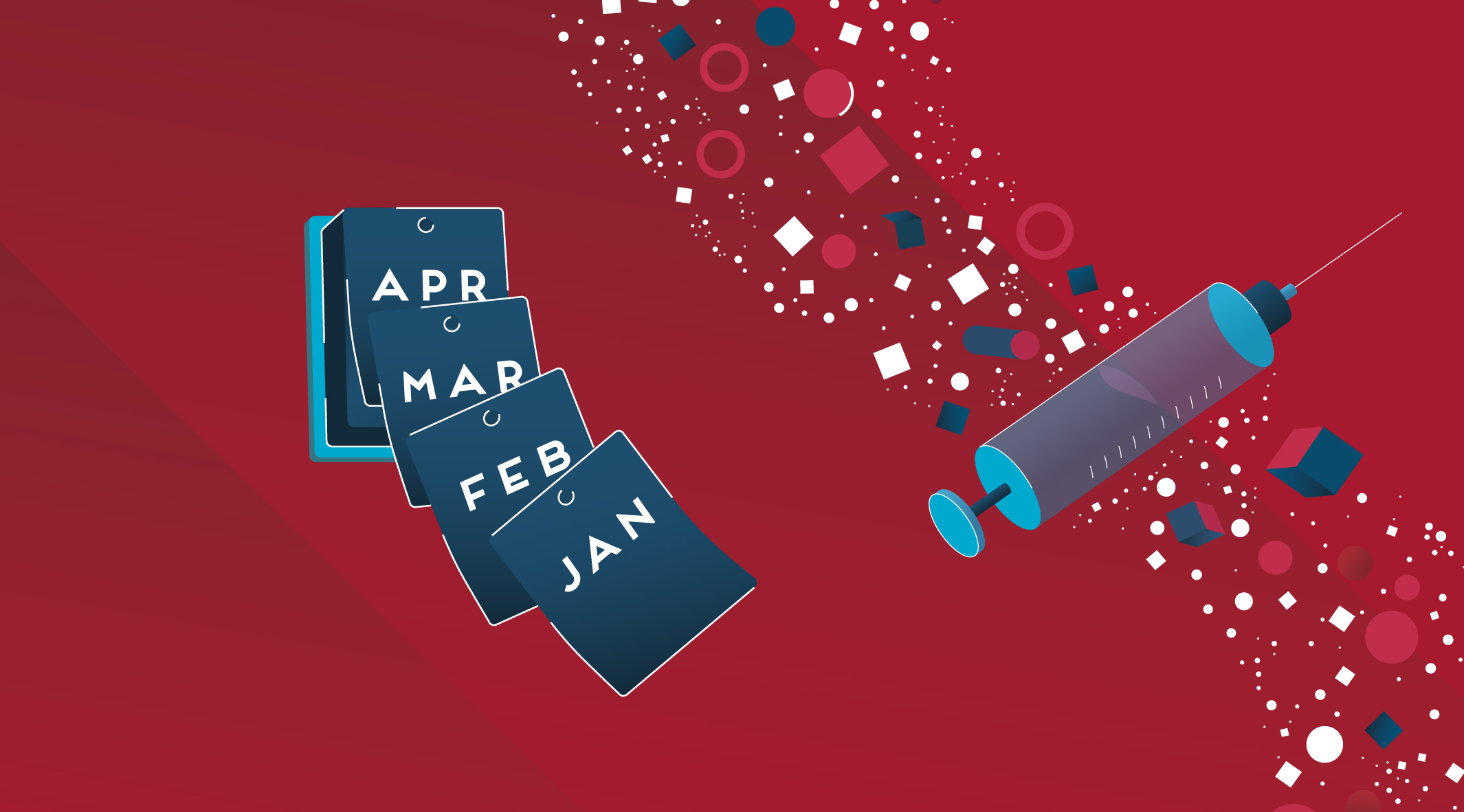RIO DE JANEIRO, BRAZIL – The UN agency UNITAID on Friday announced the rollout of an allegedly highly effective, long-acting injectable HIV preventive treatment in South Africa and Brazil through two large-scale operational projects funded by the global health agency.
It is an injectable version of pre-exposure prophylaxis (PrEP) that has been found to be more effective than daily oral PrEP in reducing the risk of HIV infection, with just six injections a year.
The injection, whose active ingredient is cabotegravir, is developed by ViiV Healthcare and approved by the US health authority. It offers two months of protection against HIV.

People at risk of HIV will be among the first to benefit from the projects, UNITAID said in a release.
INJECTABLE PrEP VS ORL PrEP
Oral PrEP can reduce the risk of HIV infection by 99%, but only when taken as prescribed: either once a day or before and after intercourse for cisgender men. In comparison, the long-acting cabotegravir provides eight weeks of continuous protection against HIV infection through a single intramuscular injection.
Moreover, it is said HIV injection addresses challenges associated with oral PrEP, including inconsistent use and fear of stigma or discrimination. It could benefit millions of people at risk of HIV infection.
Although oral PrEP can provide high protection against HIV infection, uptake has been slow, UNITAID noted in its release. United Nations’ targets to increase PrEP coverage and reach three million people by 2020 were missed by two-thirds. Furthermore, it highlighted that the disparities in who is accessing treatment and prevention are growing.
HIV injection to be integrated into national sexual health programs
Unitaid will partner with Fiocruz in Brazil, Wits RHI in South Africa, and local health authorities in both countries to integrate long-acting cabotegravir into national sexual health programs. The partnership aims to generate real-world evidence that will support wide-scale global implementation.
In Brazil, the highest rates of HIV prevalence are seen among transgender people and homosexual men. An estimated 30% of transgender people and 18% of homosexual men in the country are living with HIV. The UNITAID-funded programs aim to reach these two groups.
The UNITAID -funded efforts in South Africa will target adolescent girls and young women who become infected with HIV at a disproportionately high rate. “In sub-Saharan Africa, six in seven new HIV infections in adolescents occur among girls, and young women are twice as likely to be living with HIV as their male peers,” the release said.
The South African program will include a second new long-acting HIV prevention product targeted at adolescent girls and young women- the dapivirine vaginal ring. It can be inserted at home and lasts 28 days. This is the first HIV prevention method a woman has complete control over, UNITAID stated.
“Unitaid recognizes the game-changing potential long-acting PrEP could have in making HIV prevention a more viable option for more people. But we need urgent action to ensure people everywhere can benefit,” said Dr. Philippe Duneton, Executive Director of UNITAID.
For these projects, supplies of long-acting cabotegravir and the dapivirine ring are donated by ViiV and the Global Fund through the South African Department of Health, respectively.

